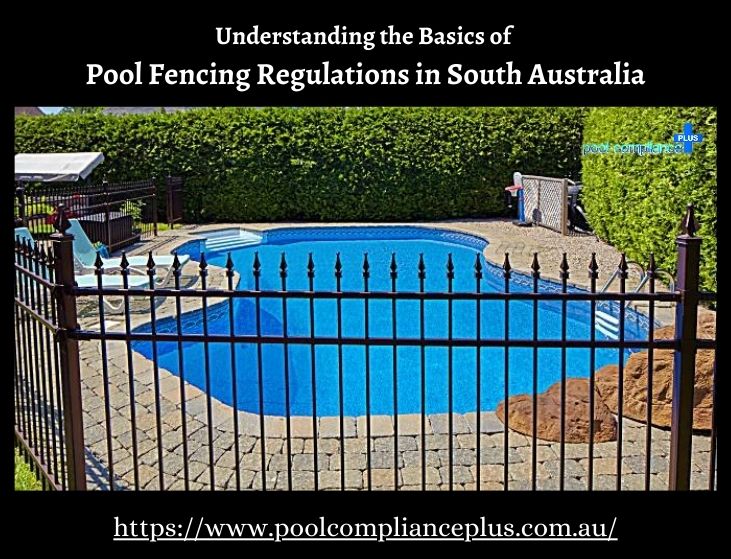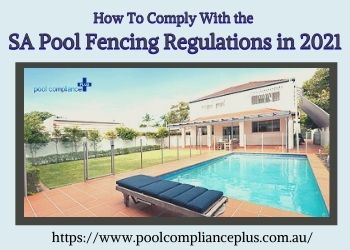Swimming pools are a source of enjoyment for families and kids. It is a place where you can enjoy a nice leisure time bonding with your loved ones. For kids, swimming pools can be a place where they can spend some quality fun time playing around with the family. Keeping this scenario in mind, there can be possibilities of unintentional accidents or injuries around your backyard swimming pool. Incidents such as slipping, falling, or tripping can occur.
Are you concerned about the fencing regulations that you need to follow for your backyard swimming pool? If yes, do not worry, this blog will help you to acquire basic ideas about pool fencing regulations in South Australia. This will help to keep your swimming pools safe for your kids and other family members. Some basic methods can be teaching your kids some pool and water safety measures that can minimise the chances of unfortunate incidents.
Pool Fencing Regulations in South Australia
Regulations regarding pool fencing are mandatory to get a pool compliance certificate from the local authorities and it will also make your swimming pool safe in South Australia. Here are a few of the general regulations:
- The fencing around the pool should have a minimum height of 1.2 metres when the same is measured from the outside part of the fencing.
- The boundary should be 1.8 metres in height or more.
- Materials used for fencing the pool should be such that no one can breakthrough.
- In case there are gaps in the fencing, then the size of the gaps should be small enough to deny children trespassing the same.
- The gap between the ground and the bottom of the fence should be less than 100mm.
- The design of the pool fencing should be proper so that it can prevent children from scaling the fence.
- Avoid the use of self-closing as well as self-latching gates to the pool to prevent the entry of children into the pool area without supervision.
- Preferably that latches must be installed in the inner part of the fence so that children are not able to open the same.
You need to maintain all the above-mentioned regulations to successfully get the pool safety certificate or pool compliance certificate. Apart from compliance norms, pool fencing will help you to supervise people who can enter your pool area. In addition to this, fencing around the pool will be safe for the children as they will not have any unsupervised entry near the water. Several fencing options will not only make your pool area safe but also aesthetically pleasing.




